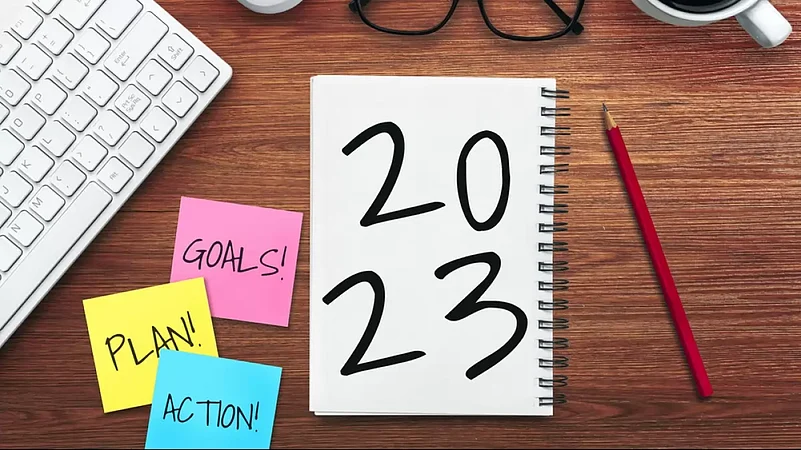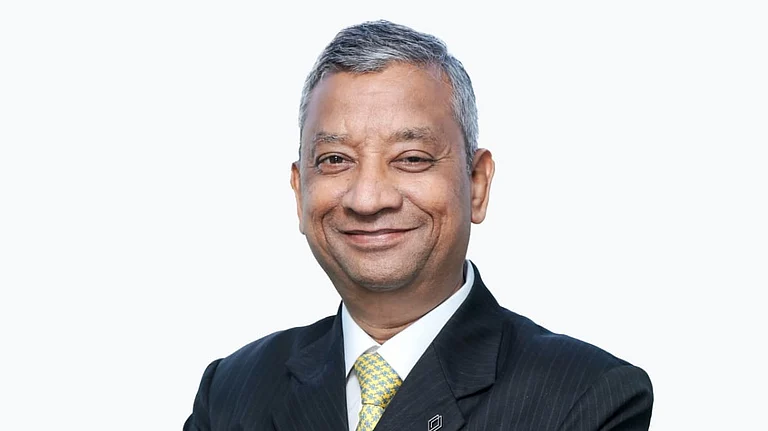As with any other goal, getting the basics right helps propel us towards success, and the road to achieving financial goals is no exception. When starting, the rule of thumb is to understand that achieving your dreams will be all about prioritizing. So, even as social media remains inundated with memes about many youngsters living paycheck to paycheck, it makes sense to get started on a workable financial plan. Here's how to start:
Journal Your Expenses: Journaling our expenses help us take stock of where most of our expenditures tend to occur, giving us much-needed clarity on the resources available to us and what we want to achieve. Ashwin Chawwla, founder and managing director, Escrowpay, said, "Start writing all expenses - keep a written account of your spending. It is difficult to determine where to reduce your spending if you don't know where your money is going. For this, Chawwla recommends using "a journal, a spreadsheet, or budgeting software."
The Art Of Budgeting: It is important to realise that the sooner we accept the responsibility of learning the art of budgeting, the better our control over impulsive and unnecessary expenditures. For starters, it is crucial to address all necessary expenses and avoid overspending, "break your monthly earnings against each expense - in actuality, the rule is quite straightforward. It instructs you to divide your cash on hand into three portions. 50 per cent of income is allocated to meeting needs, 30 per cent to satisfying wants, and 20 per cent to saving and investing," Chawwla said. This way, "you will be operating inside the allowed amount for each bucket if you have established buckets for everything," he explained.
Organise Your Financial Records: Organising financial records does not receive enough emphasis, as the benefits outweigh the fact that organizing financial documents isn't considered a fascinating way to spend the day. With well-organised records, you can "handle tax disputes with assurance, prove ownership of specific assets, maybe reduce your tax liability (for example, by calculating capital gains tax), and assist others in managing your financial affairs," Chawwla explains.
What about investments? For those who have just begun dipping their toes in the world of investments, Suman Bannerjee, CIO, Hedonova, an alternative investment firm, suggests, "a set of diversified mutual funds and ETFs are just about enough. I also recommend keeping 10 per cent of your investible funds for moonshot investments, like if you ever want to start a business, or invest in things like cryptos."
For investors who may be averse to market risks, Chawwla recommends "Gold and Silver, keeping in mind the market volatility. They are valuable in and of themselves, are credit-risk-free, and cannot be inflated. They also provide real upheaval insurance against economic, political, or military upheavals." He further adds, "according to investment theory, precious metals likewise have little to no association with other asset classes like equities and bonds. This means a portfolio will experience less volatility and risk even if it just contains a tiny amount of precious metals."
Asses Your Goals: It is worth considering that your financial goals would likely change with time and require the utmost diligence on your part to be open to this change. As financial planning is not a one-stop shop, but rather an ongoing process, Chawwla points out, "it's crucial to assess your goals regularly because they may alter. And if your financial objectives change, it becomes vital to assess and modify both your investment portfolio and financial strategy." For example, as you age, your risk tolerance decreases, and you might concentrate more on the long-term aspects of investing. He explains that you would need to reassess your objectives, investment portfolio, and financial plan in this situation and make the necessary adjustment.































